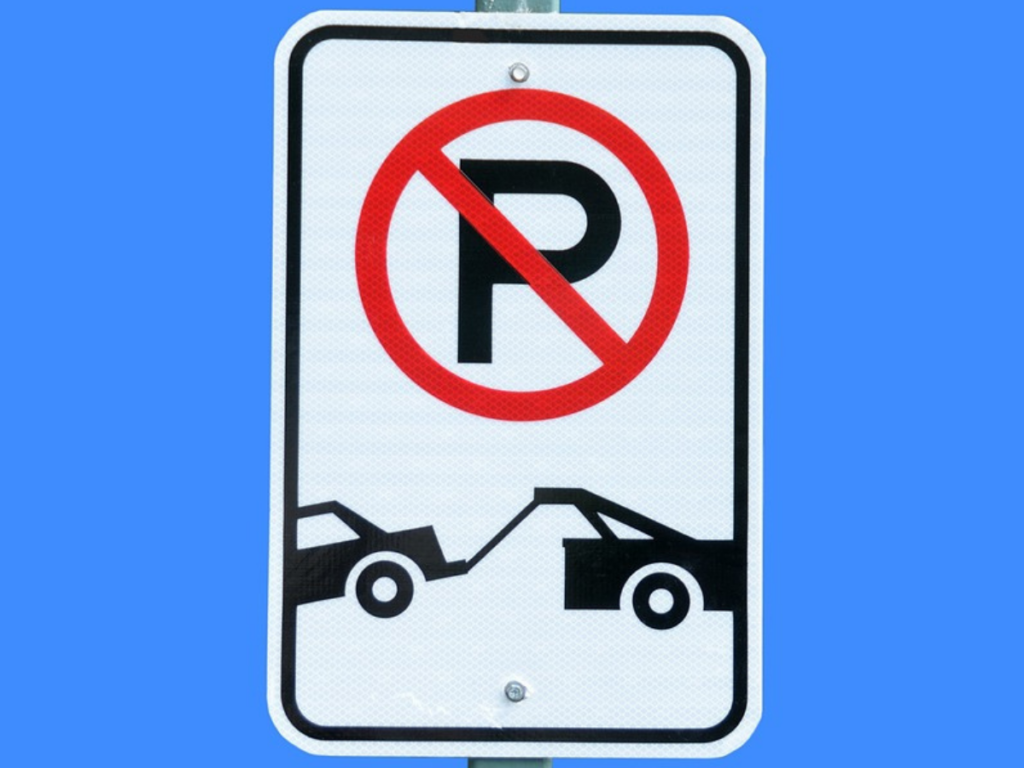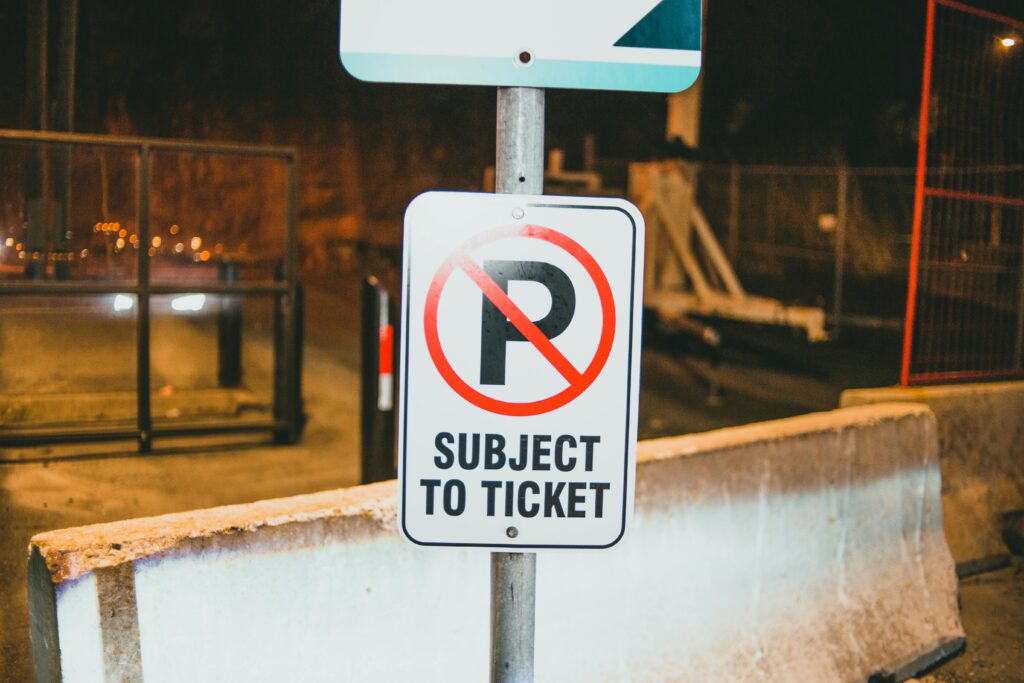Handicap parking abuse is a pervasive and deeply concerning issue across the United States, going above mere inconvenience to posing significant challenges for individuals with disabilities. Despite the clear designation of these spaces for those with mobility challenges, misuse and abuse persist, which undermine the fundamental principles of accessibility and inclusivity.
This behavior not only deprives individuals with disabilities of their rightful access to essential services but also perpetuates a culture of disregard for their needs and rights. Moreover, the widespread misuse of handicapped parking spaces reflects broader societal attitudes toward disability, highlighting the urgent need for education, empathy, and accountability.
Understanding the profound impact and far-reaching repercussions of this behavior is not only essential for raising awareness but also for galvanizing efforts to implement effective solutions.

Consequences of Handicap Parking Abuse in the US
Handicap parking abuse in the United States carries significant repercussions, extending beyond mere inconvenience to individuals with disabilities. The misuse of designated parking spaces for those with mobility challenges results in many consequences that will impact both offenders and people with a valid handicapped parking permit. Individuals need to understand the multifaceted consequences of handicapped parking misuse to foster awareness and implement effective solutions to uphold the rights and dignity of those with mobility limitations. Here is a list of consequences:
- Financial Penalties: One of the immediate consequences of illegal parking in handicapped spaces is the imposition of hefty fines. Municipalities across the country enforce strict penalties to deter unauthorized parking, often resulting in significant financial burdens for offenders.
- Legal Ramifications: Beyond monetary fines, handicap parking abuse can lead to legal repercussions. Repeat offenders may face legal action, including the suspension of their driver’s license or even criminal charges in severe cases. Such consequences underscore the seriousness of disregarding handicap parking regulations.
- Impact on Accessibility: Handicap parking abuse directly undermines accessibility efforts aimed at accommodating individuals with disabilities. By occupying designated spaces unlawfully, offenders obstruct access to essential services and facilities, exacerbating the challenges faced by those with mobility limitations.
Effects of Handicap Parking Misuse in the United States
The effects of handicapped parking misuse reverberate throughout American society, creating barriers to accessibility and exacerbating challenges faced by individuals with disabilities. Recognizing the profound effects of this behavior is crucial for fostering empathy, promoting awareness, and advocating for the rights of individuals with disabilities.
- Disruption of Access to Essential Services: For individuals with disabilities, access to designated parking spaces is not merely a convenience but a necessity. Misuse of these spaces disrupts their ability to access essential services such as healthcare facilities, grocery stores, and workplaces, further marginalizing an already vulnerable population.
- Emotional Toll on Individuals with Disabilities: The emotional toll of handicap parking abuse cannot be overstated. Individuals with disabilities often face frustration, anxiety, and a sense of exclusion when unable to find accessible parking due to misuse by others. Such experiences contribute to feelings of alienation and invisibility within society.
- Public Perception and Stigmatization: Handicap parking abuse perpetuates negative stereotypes and stigmatization of individuals with disabilities. When able-bodied individuals exploit these spaces for their convenience, it reinforces misconceptions about the severity and legitimacy of mobility limitations, undermining efforts to promote inclusivity and understanding.
Handicap Parking Abuse: Impact and Repercussions
There are multiple impacts and repercussions of handicapped parking abuse. Addressing these issues will help in safeguarding the rights and dignity of individuals with disabilities. Here is a list of the main impacts:
- Loss of Trust in Parking Enforcement Systems: Persistent abuse of handicapped parking spaces erodes public trust in parking enforcement systems. When violations go unchecked, it fosters a perception of impunity, emboldening offenders and undermining the effectiveness of enforcement efforts.
- Increased Strain on Law Enforcement: Addressing handicap parking abuse places a strain on law enforcement resources, diverting time and attention from other pressing matters. The enforcement of parking regulations requires dedicated personnel and logistical support, posing challenges for already stretched law enforcement agencies.
- Community Division and Advocacy Efforts: Handicap parking abuse can spark community division and activism, with advocates pushing for stricter enforcement and increased penalties. However, conflicting perspectives on the issue may arise, highlighting the need for inclusive dialogue and collaborative solutions.
What Can We Do for Handicap Parking Misuse in the US
Handicap parking misuse in the United States requires collective action and proactive measures. From raising awareness to implementing effective enforcement strategies, there are various steps individuals and communities can take to combat this detrimental behavior. Let’s explore actionable solutions.
- Education and Awareness Campaigns: Raising awareness about the consequences of handicapped parking abuse is essential for fostering a culture of compliance and respect. Education campaigns targeting both the general public and specific stakeholder groups can promote understanding and empathy towards individuals with disabilities.
- Policy and Enforcement Strategies: Effective policies and enforcement mechanisms are critical for combating handicap parking abuse. Implementing measures such as enhanced signage, technological solutions, and collaboration with community stakeholders can deter offenders and protect the rights of individuals with disabilities.
- Support for Individuals with Disabilities: In addition to enforcement efforts, we can provide adequate support and resources for individuals with disabilities. Enhancing accessibility measures, improving transportation options, and promoting universal design principles can empower individuals with disabilities to participate fully in society.
Fight Against Handicapped Parking Abuse in the USA
Handicap parking abuse has far-reaching implications for individuals with disabilities and society as a whole. By recognizing the consequences and taking proactive measures to address this issue, we can create a more inclusive and equitable environment for everyone. It is incumbent upon all members of society to uphold the rights and dignity of individuals with disabilities and ensure that handicapped parking etiquette practices are followed.
Need more information on disabled parking in the US? From Supporting Handicap Drivers in Disaster Preparedness to Handicap Parking: Tips for Travelers, we offer a useful bank of detailed topics on the Dr Handicap blog. Check it out today!
Featured image by Steve DiMatteo on Unsplash.

